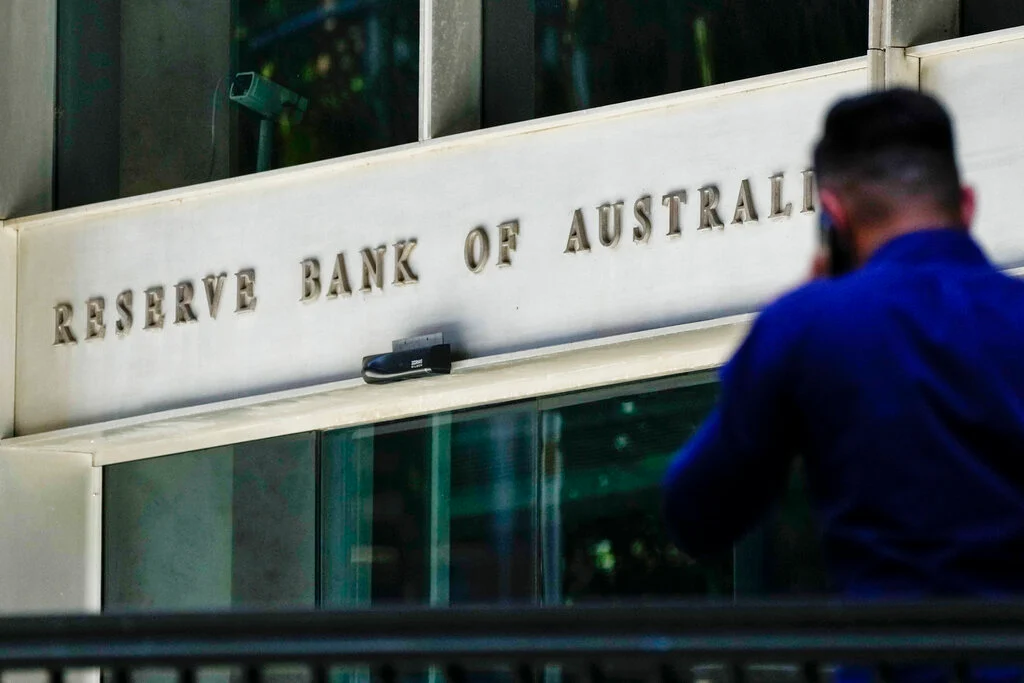Who are private mortgage lenders?
NEWS & INSIGHTS | PALM CAPITAL
Who are Private Mortgage Lenders?
Traditional banks and lenders do not offer a private mortgage. Private home loans function similarly to standard loans, but you are not constrained by the stringent servicing requirements.
Private mortgage lenders are often used for short-term funding.
The majority of private mortgage lenders offer secured loans, meaning they consider collateral such as a home’s equity before extending credit. They will make a loan against the asset and are not concerned about the credit risk you pose.

What types of loans do these brokers offer?
Private lenders specialise in short-term finance, but they don’t stop there:
- Bridging loans: Short-term loans used to purchase a new property while simultaneously selling an existing one.
- Caveat Loan: Your property is used as collateral to obtain a new mortgage. A caveat loan has a period of shorter than one year.
- Second mortgage: Second mortgages are loans taken out against already mortgaged property. If a borrower fails, the first lender takes priority.
- Bad credit loans: For borrowers with low credit scores, private lenders may be willing to extend credit.
Who Makes Use of Private Mortgage Lenders?
People that employ private lenders usually have a lot of assets but little cash. The need for quick money to cover a gap prompts them to take out a loan against their assets.
- House flippers, who require just short-term financing and are confident in their ability to sell their houses swiftly.
- Small-business owners when there is a cash shortage.
- Property developers in need of short-term financing to buy additional locations.
- Newly created enterprises that do not have any financials to disclose
- A borrower seeking to purchase an unusual property that a bank would not finance.
If you don’t own a home, private lenders may be able to assist you fund your property objectives. However, interest rates are quite expensive. There are specialised lenders that can assist borrowers with weak credit, therefore a private lender should only be used as a last choice.
Is a Private Mortgage Reliable?
Private home loan lenders are great for short-term lending options that cover an instant demand for money and bridge a gap. These lenders can obtain funds more quickly than banks.
| Benefits of using a private mortgage broker | Disadvantages of using a private mortgage broker |
|---|---|
| Because they do not scrutinise as thoroughly as a bank, they may offer flexible and quick settlement. | Typically, private lenders only offer loans against collateral, therefore they are not a smart choice if you do not have any such assets. |
| Short-term financing allows you to pay off your debt faster. | Rates offered by them are quite expensive. |
| They do not consider your credit history and instead lend depending on your asset position. | Most private lenders only offer up to 80% of a property's value, making it an unsuitable option for people with little or no down payment. |
| They provide specialised loans that can't be found at traditional lenders. | Because the loan period is short, the options on the loans are minimal, and they do not include redraw or offset accounts. |
Is it Trustworthy?
Yes. Private lending in Australia, contrary to common opinion, is secure since it is supervised by the same regulations and standards that govern banks.
You may also engage with a reliable mortgage broker to weed out any dodgy vendors and identify secure and trustworthy private lenders.
What Is the Fee for a Private Mortgage?
Fees charged by private lenders are often the same as those charged by traditional lenders.
Application fees, appraisal fees, legal fees, and loan setup fees are all part of the costs.
Private house loans, on the other hand, are expensive due to their high interest rates.
Their interest rates begin at 6%, and the amount charged is determined by the loan amount and the quantity borrowed.
What Is the Process of Obtaining this kind of mortgage?
The funds are provided to the borrower by the private lender depending on the borrower’s security.
The lender will evaluate the security offered and determine how the loan will be repaid.
Lenders typically use a low ball figure when estimating how much they can get for the property in the event of a default on the loan and subsequent sale.
At a fixed interest rate, the specified time is generally shorter than two years.
A private house loan includes the following terms:
- The type of loan
- Loan duration
- The interest rate (negotiated by lender and borrower)
- Exit options
Is IT Better Than Bank Lending?
Under some circumstances, private lenders may be a preferable option for borrowers.
Private lenders do not adhere to traditional credit requirements when lending you money, but there are restrictions on when you may spend them.
- Private lenders do not conduct credit checks. – Because private lenders do not have a banking licence, they are classified as non-bank lenders.
- Rather than considering a person’s credit history when making a loan, they look at the borrower’s assets.
- Private lenders are subject to wider economic circumstances and reactive when a crisis strikes.
- Some lend to those with weak credit, but a specialised lender may be a better alternative.
Palm Capital can investigate your mortgage alternatives with banks before turning to a private lender.
We have over 50 lenders on our panel, which includes banks, specialised lenders, and private loans.
We will ensure that you obtain the best deal on your home loan because banks provide better rates and specialised solutions for borrowers in unusual circumstances.
Call us or make an online enquiry today.
More articles:
Helpful resources.
Department of Finance
Australian Government
AFCA
Australian Financial Complaints Authority
Money Smart
Australian Government




